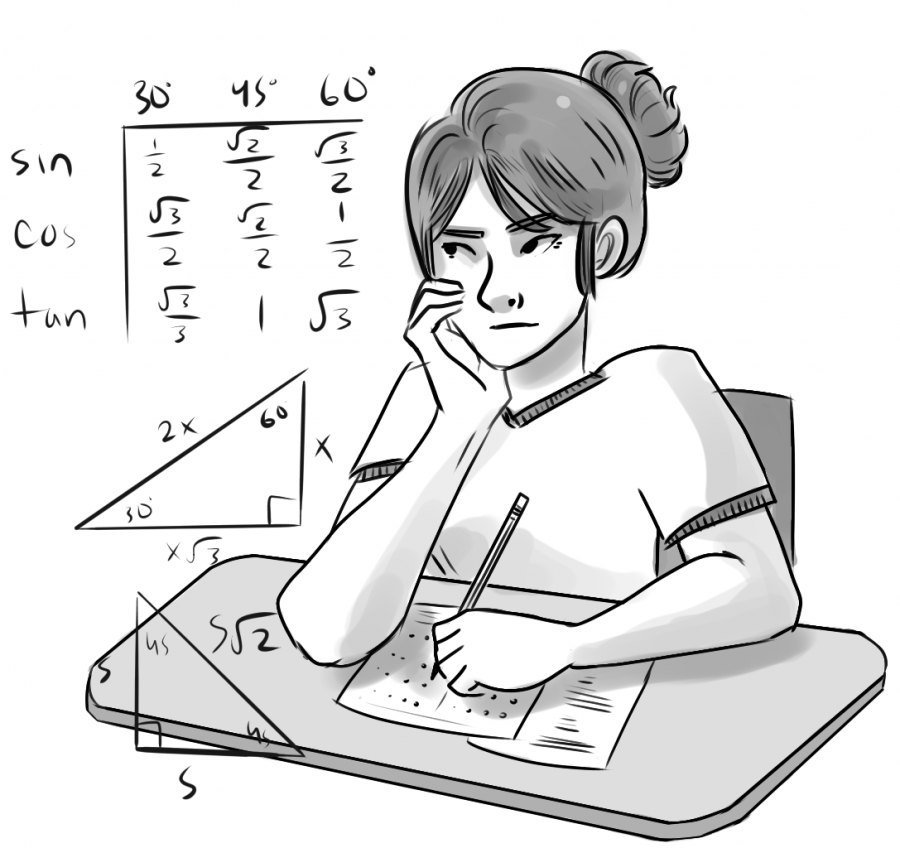Ready for exams? Top tips for success
May 2, 2019
May is celebrated for its warm weather and being the gateway to liberating summers away from school. However, May does not play its role without a price, and that price is the AP and IB exams.
By the first week of May, many people have already been reviewing and studying for their exams for about a month. Some have even started studying in March, while still learning content in their classes. Either way, May can be a stressful time, no matter which AP and IB exams people take and how long they have studied.
Here are a few tips to help get through the last few days before exams and effectively manage time.
Start learning about the exam.
Many people learn all the content for a test, but then the test format catches them off guard. For example, a history-lover could know everything from Christopher Columbus to the 2016 election, but when the time comes to take the AP US History exam, they may cry at how there are three free response questions, one document-based question and one long essay question, along with the multiple choice section. Learn about the formatting of the exam ahead of time, and pull a few sample questions off the internet to get familiar with the kinds of questions tested.
Utilize timed practice tests.
The allotted time for each section of any exam can often feel too short. Do research about how much time is allotted for each section and how much each section is worth. For example, the multiple choice could be an entire 50% of the exam grade and each writing piece only worth 15%. Take the test with this in mind so that you do not overexert yourself on one section.
Cramming helps few.
Reading the entire textbook the night before the exam will only cause you to fall asleep during it. If it is too late for full-on studying, just try to remember basic summaries of class lessons. This way, the test is not totally hopeless and you can crack some questions.
There are unique ways to study.
AP and IB exams contain a great deal of memorization, whether it is the laws of science, formulas for calculus or events from history. In any case, there are easier ways to memorize these things than just staring at your notes! There are plenty of songs and movies to watch to remember these things. Using the example of AP US History, there is a song on YouTube which provides a brief description of what each President has accomplished. You could even watch a couple of History Channel documentaries on the topic to remember information in a new way. You can always make your own mnemonic devices or jingles to remember what you need too.
Take a deep breath and go to sleep.
Our brains retain information better when they have had time to process it. Sleeping allows the brain to remember and store the information gained while studying. Sleep at least eight hours before exam day!
It is important to remember that although these exams are tough, they do not define self-worth. If you do not do well, remember that one bad score will not ruin your chances of getting into college. Still, studying and reviewing can play a big role in achieving a high score and earning extra college credit, so try your best!




